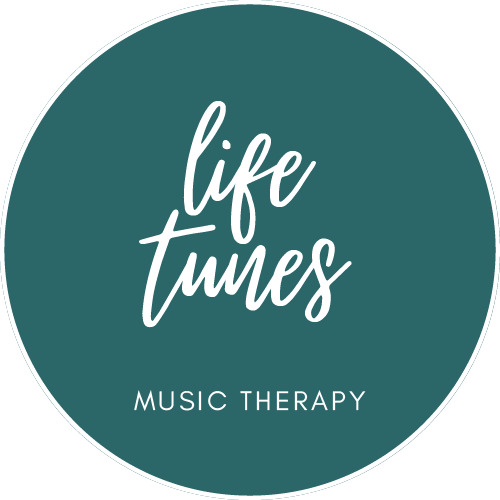Frequently Asked Questions
Do I need to be diagnosed in order to receive therapy?
The short answer is absolutely not! I know the word “therapy” could potentially be threatening and somewhat intimidating, but you essentially do not need to have a diagnosis in order to receive therapy. It’s completely fine and acceptable, in fact healthy to receive therapy to improve your mental health and quality of life. A big thumbs up to you for taking steps to taking care of yourself!
Do I need to know how to sing or play an instrument?
Great question! Contrary to popular beliefs, you don’t actually need to know how to sing nor play a musical instrument in order to receive music therapy. Music therapy is a safe place where you can express your thoughts and feelings musically without any judgement or performance. In other words, while we may be using certain instruments or your own vocals during a session, our goal is never about sounding the best- but to help our clients in self-expression.
Tell me more about the qualification of a music therapist.
A professional music therapist holds a bachelor’s degree or higher in music therapy from one of over 80 AMTA-Approved college and university programs. The curriculum for the bachelor’s degree is designed to impart entry level competencies in three main areas: musical foundations, clinical foundations, and music therapy foundations and principles as specified in the AMTA Professional Competencies. In addition to the academic coursework, the bachelor’s degree requires 1200 hours of clinical training, including a supervised internship. Graduate degrees in Music Therapy focus on advanced clinical practice and research.
Upon completion of the bachelor’s degree, music therapists are eligible to sit for the national board certification exam to obtain the credential MT-BC (Music Therapist – Board Certified) which is necessary for professional practice. The credential MT-BC is granted by a separate, accredited organization, the Certification Board for Music Therapists (CBMT), to identify music therapists who have demonstrated the knowledge, skills and abilities necessary to practice at the current level of the profession.
More info on the Professional Competencies of a music therapist can be found here.
How does this work? Walk me through the process.
1. Sign up for a free 15-min phone/ video consultation to have any of your questions answered by our music therapist and find out how music therapy would benefit you personally.
2. The music therapist will then schedule an assessment session to identify your needs and to set personalized clinical goals to be achieved in the course of your therapy sessions.
3. A treatment plan will then be created and incorporated into your music therapy sessions to achieve personalized clinical goals.
How does a session typically look like?
Some sessions could look like using different instruments to promote motor movements, or songs to promote vocalizations and language skills. Some could look like decreasing anxiety and pain level of the patient by playing soft guitar plucking paired with humming, while some could look like using songwriting techniques to personalize the lyrics of a favorite song of a patient who’s passing away with the family to promote family bonding and self-expression. Every session is uniquely different from its own, depending on factors such as cultural background, medical condition, personality type, goals to work with, etc.
Alright, I’m interested! What’s next?
Sign up for a free 15-min phone/ video consultation with our music therapist today to discuss further! We look forward to hearing from yo
HOW DO I START
Schedule now for a free 15-minutes consultation and see if it’s right for you.
There’s no commitment, pressure, or obligation.
